Historic discoveries we now take for granted
Everyday life is filled with marvels that often go unnoticed, yet these inventions have fundamentally shaped the way we live, work, and interact. From the wheel to the internet, each innovation has played a crucial role in advancing human civilization.
Let’s embark on a journey through time, exploring some of the most transformative inventions that have woven themselves into the fabric of our daily existence.
The Wheel: Rolling Through Time
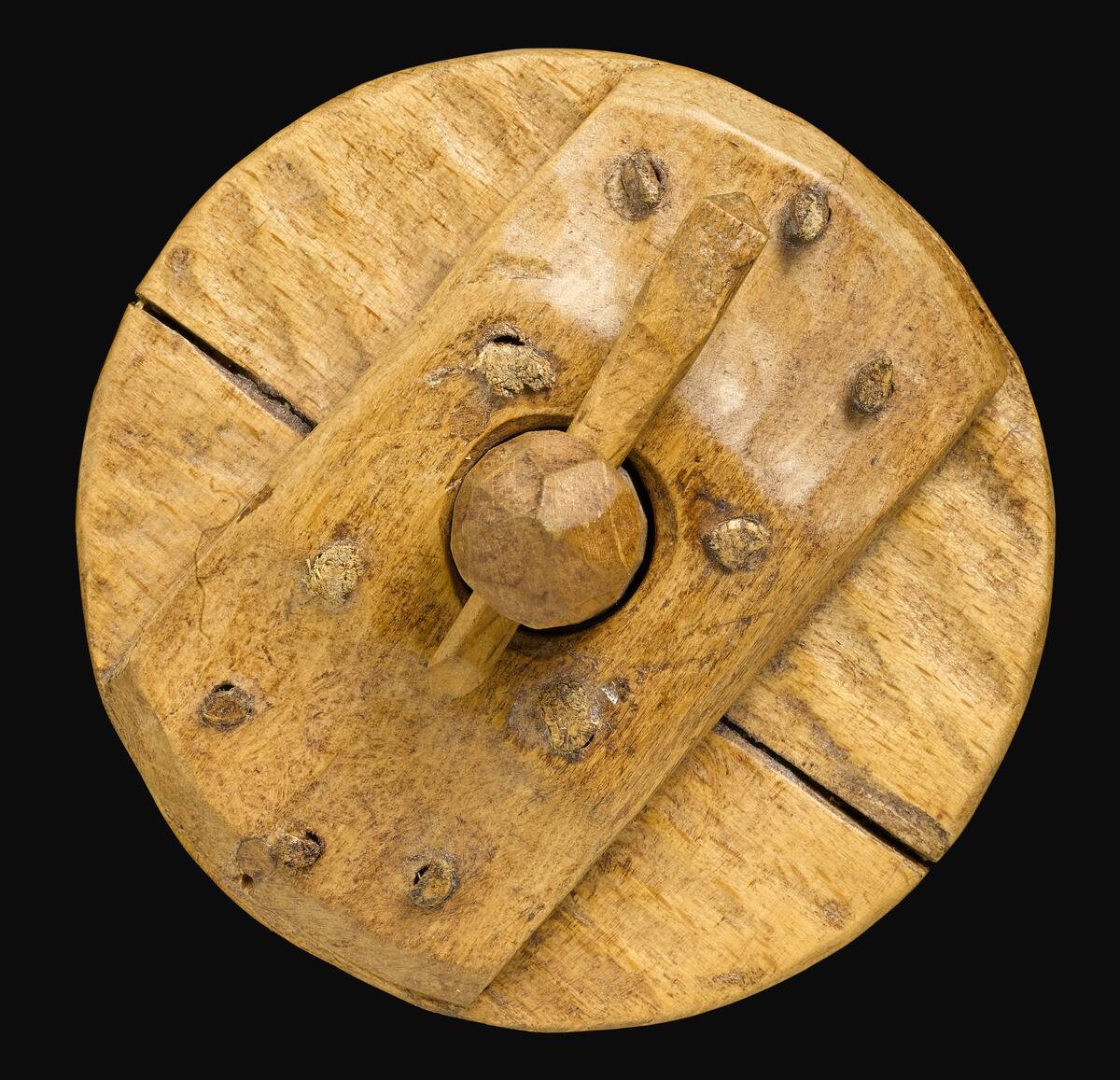
The wheel, invented over 5,000 years ago, is considered one of humanity’s most significant technological advancements. Its earliest use was not for transportation, but for pottery.
The wheel’s versatility has made it indispensable, from chariots in ancient times to modern-day vehicles. Its simple yet profound engineering laid the groundwork for countless innovations, proving that sometimes the most straightforward ideas are the most revolutionary.
The Compass: Navigating a New World

The compass, developed in China during the Han Dynasty, revolutionized navigation. Before its invention, sailors relied on the stars, which were not always visible.
The compass enabled explorers like Columbus to traverse vast oceans, expanding the known world and fostering trade and cultural exchanges. This small yet mighty instrument became a cornerstone of exploration, guiding adventurers to new frontiers.
Paper: The Original Information Superhighway
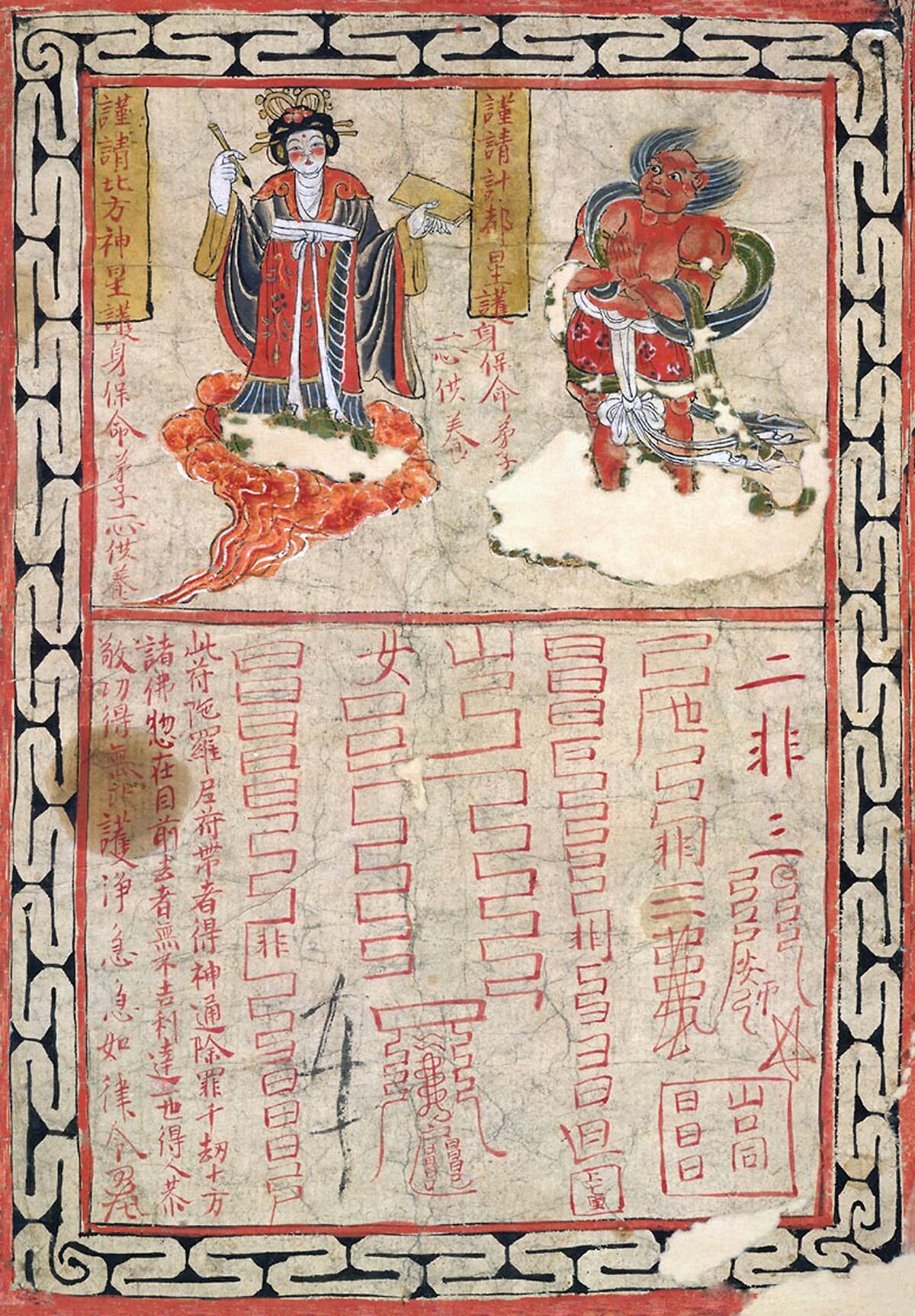
Invented in ancient China around 105 AD, paper transformed how information was recorded and shared. Before paper, cumbersome materials like bamboo and papyrus were used for writing.
Paper’s lightweight and durable nature made it ideal for books and scrolls, paving the way for the spread of knowledge. This humble invention became the backbone of education, communication, and record-keeping.
The Printing Press: Spreading Knowledge Like Wildfire
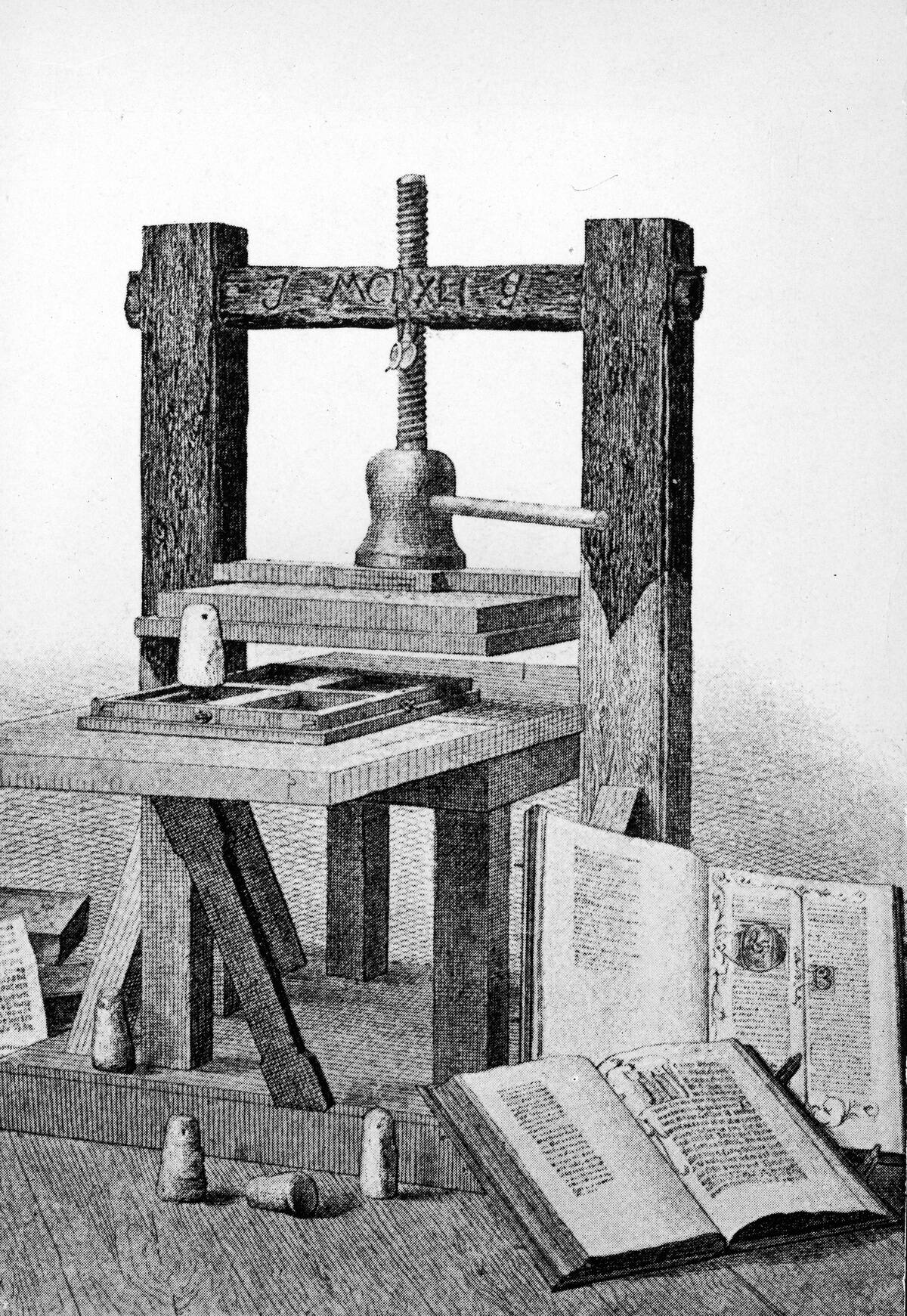
Johann Gutenberg’s invention of the printing press in the 15th century was a game-changer for literacy and learning. By making books more accessible and affordable, it democratized knowledge and spurred the Renaissance.
The printing press laid the foundation for the scientific revolution andthe Enlightenment, proving that the written word is a powerful tool for societal change and progress.
The Light Bulb: Illuminating Our Lives
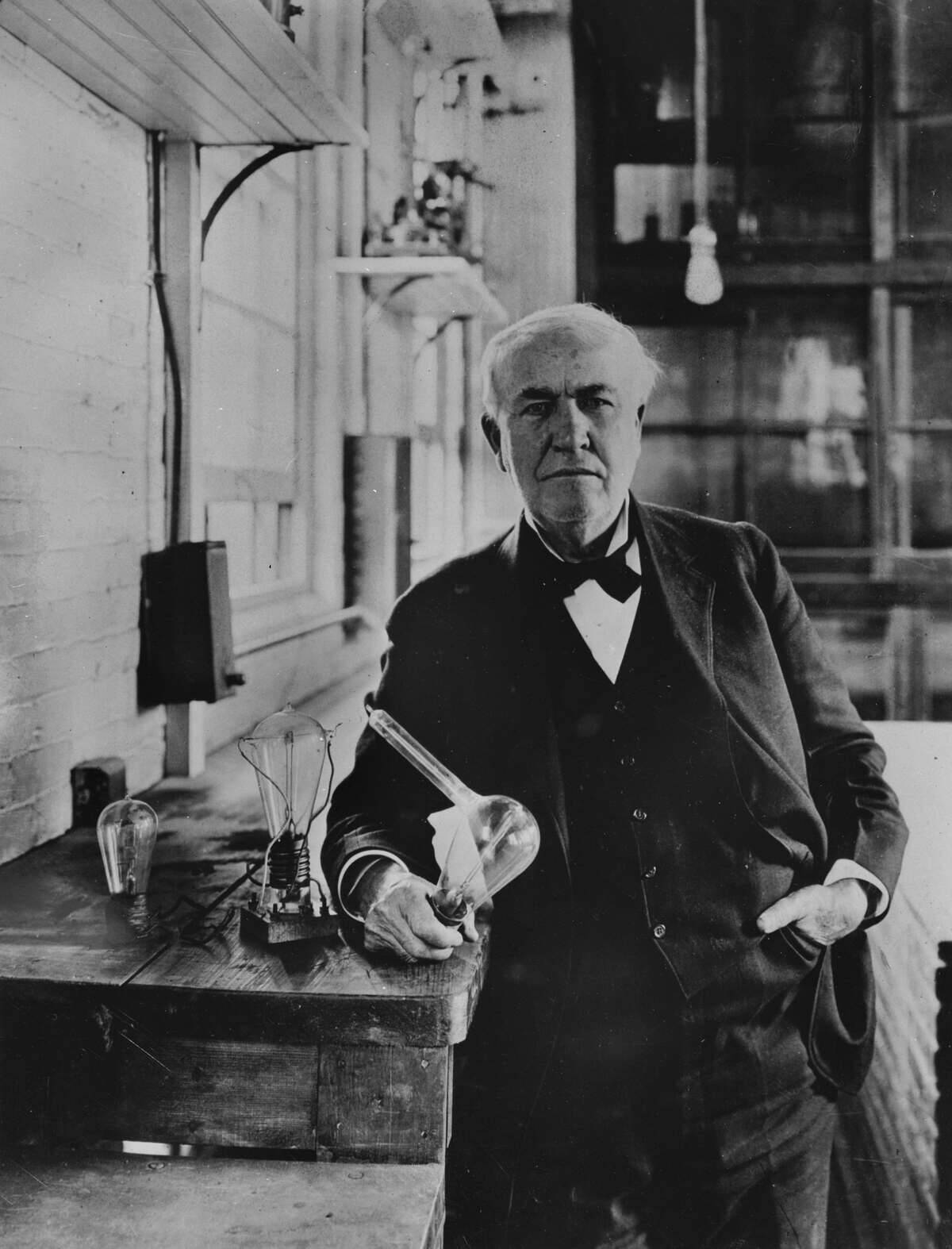
Thomas Edison’s development of the practical light bulb in 1879 brightened the world, quite literally. It extended the day, allowing people to work and play beyond sunset.
The light bulb’s invention marked the beginning of the electric age, transforming cities with streetlights and making homes safer and more comfortable. This simple glass sphere continues to illuminate our lives in countless ways.
The Telephone: Bridging Distances with a Ring
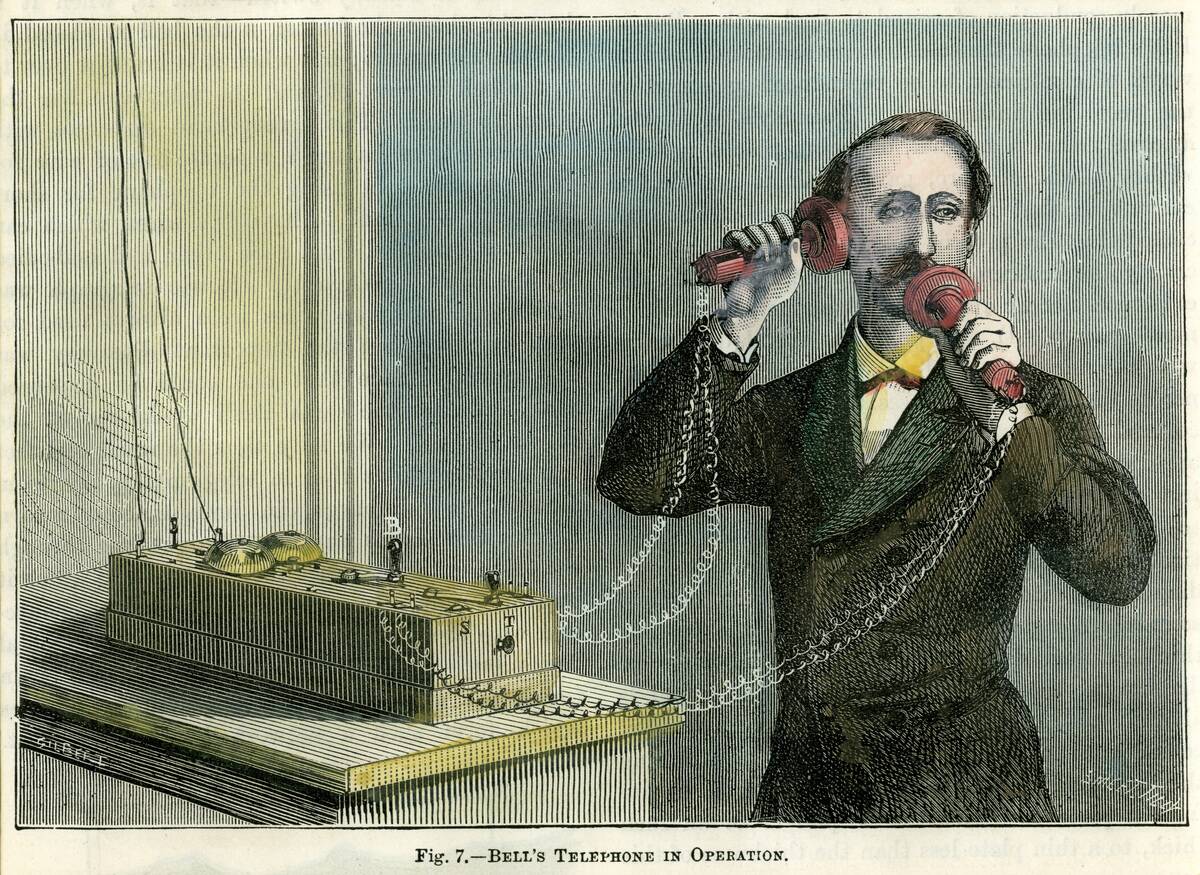
Alexander Graham Bell’s invention of the telephone in 1876 revolutionized communication. Its invention was also hotly contested both at the time and since, as Antonio Meucci, Philipp Reis, and Elisha Gray are also credited as possible inventors of the telephone. Regardless, no longer were people limited to written correspondence or face-to-face conversations.
The telephone allowed voices to bridge distances, fostering personal and business connections worldwide. This remarkable device laid the groundwork for modern telecommunications, evolving into the smartphones we rely on today.
The Internet: The World at Your Fingertips

The internet, initially developed as a military network in the 1960s, has become an integral part of daily life. It connects people globally, providing instant access to information, entertainment, and communication.
The internet has transformed industries, from shopping to education, and continues to evolve, shaping the future in ways we can only begin to imagine. It’s the ultimate tool for connectivity and innovation.
Penicillin: A Breakthrough for Modern Medicine
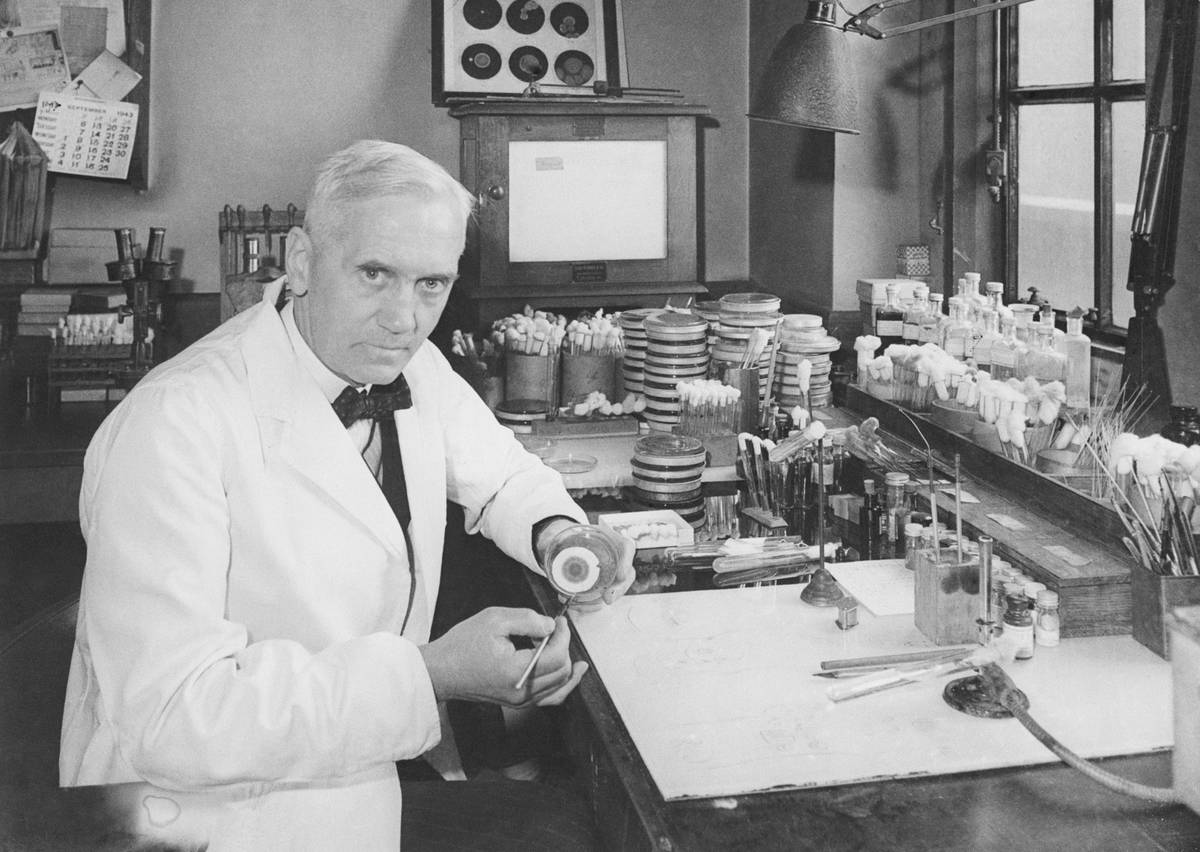
Discovered by Alexander Fleming in 1928, penicillin was the first true antibiotic, revolutionizing medicine. It transformed the treatment of bacterial infections, saving countless lives during World War II and beyond.
This accidental discovery marked the beginning of the antibiotic era, highlighting the importance of scientific research and the profound impact that simple observations can have on human health.
Electricity: Powering the Modern World
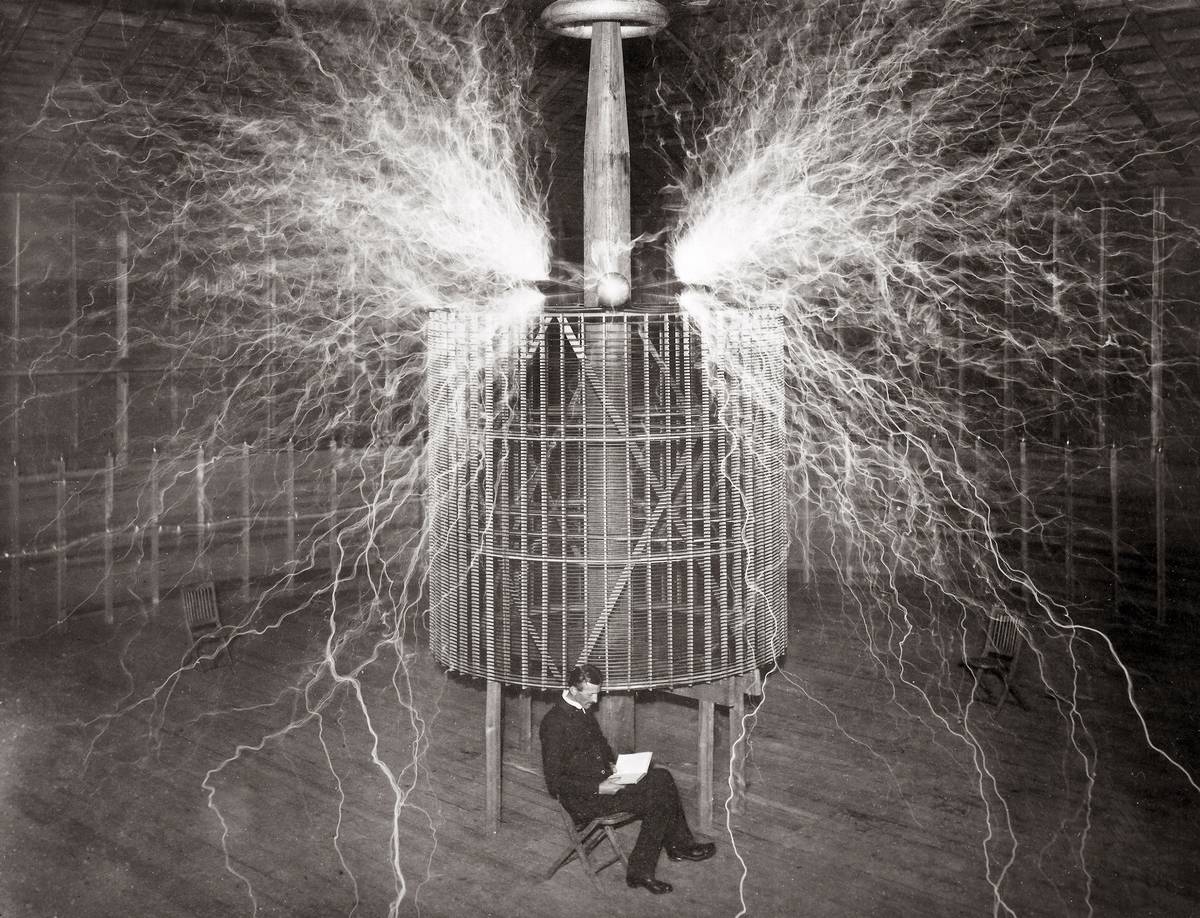
Electricity, harnessed and made practical by pioneers like Nikola Tesla and Thomas Edison, powers almost every aspect of modern life. From lighting our homes to powering our devices, it is the invisible force driving technological advancement.
The grid, a vast network of power lines and stations, ensures that electricity flows where it’s needed, making it the lifeblood of our digital age.
Airplanes: Conquering the Skies
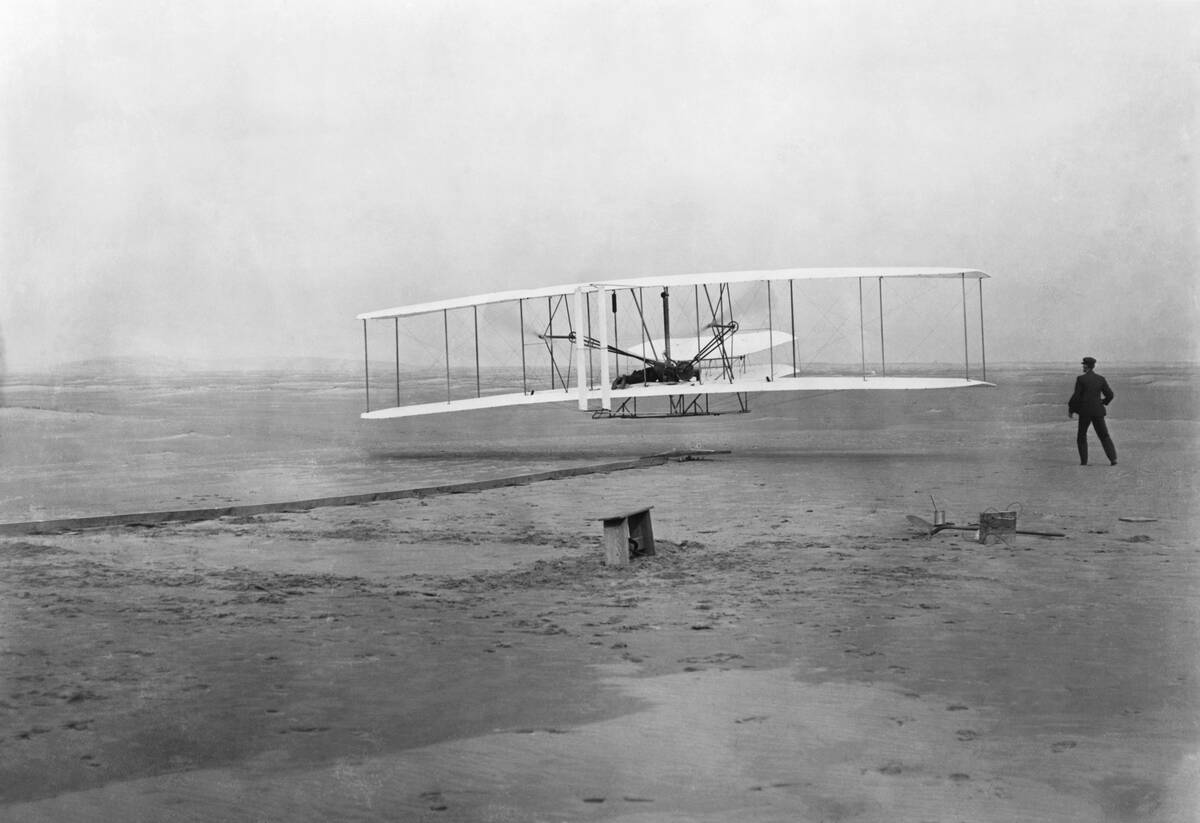
The Wright brothers’ first powered flight in 1903 marked the dawn of aviation. Airplanes have since shrunk the world, making distant lands accessible within hours.
The aviation industry has revolutionized travel, commerce, and even warfare. From commercial jets to space exploration, the dream of flight continues to push the boundaries of what’s possible, inspiring generations to reach for the skies.
The Calendar: Keeping Track of Time
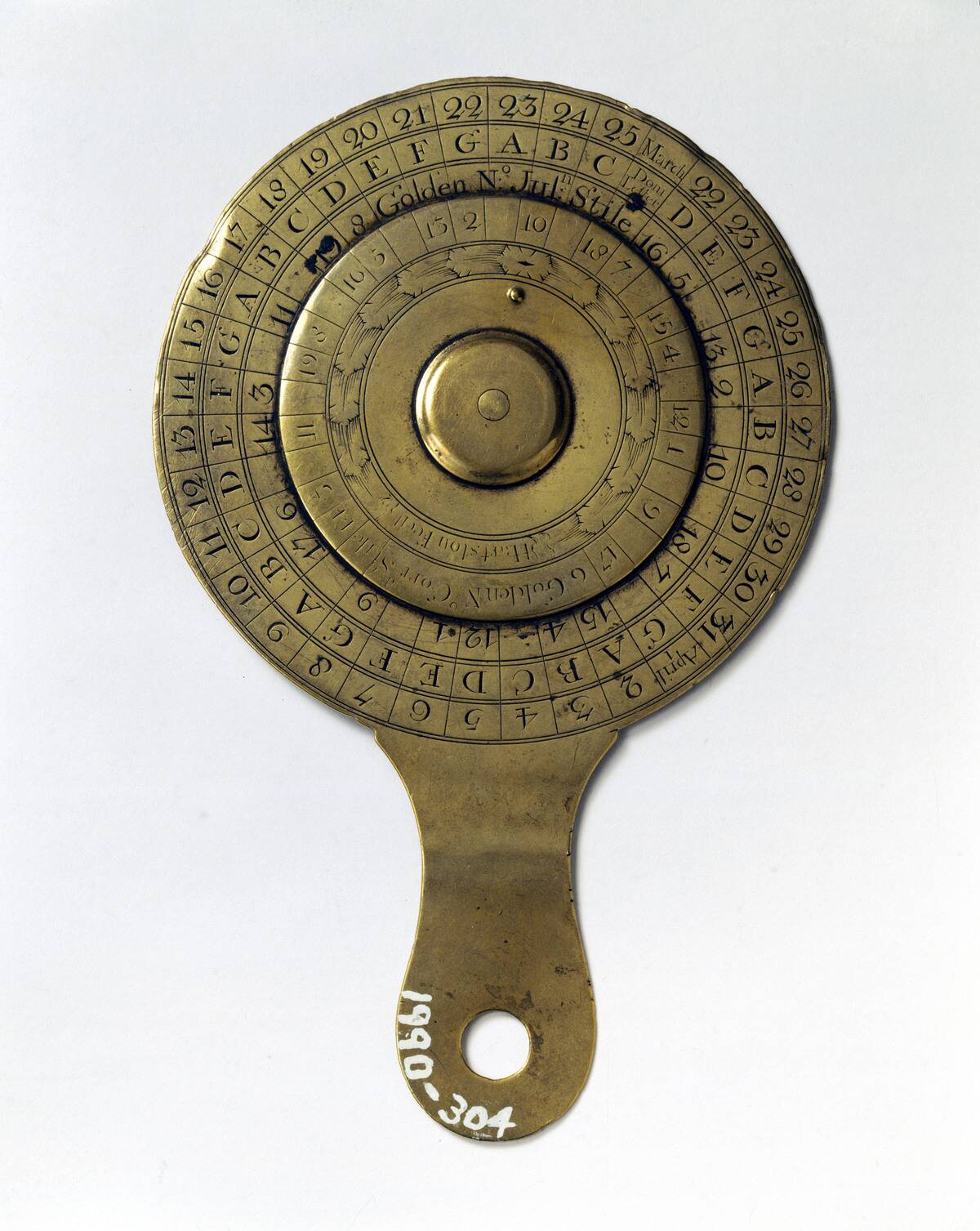
The calendar, a tool for organizing days and events, has roots in ancient civilizations like the Egyptians and Mayans. It helps societies plan agricultural, religious, and social activities.
The Gregorian calendar, introduced in 1582, is used worldwide today, illustrating humanity’s need to measure and make sense of time. Calendars continue to be indispensable for scheduling in both personal and professional realms.
The Camera: Capturing Moments for Eternity
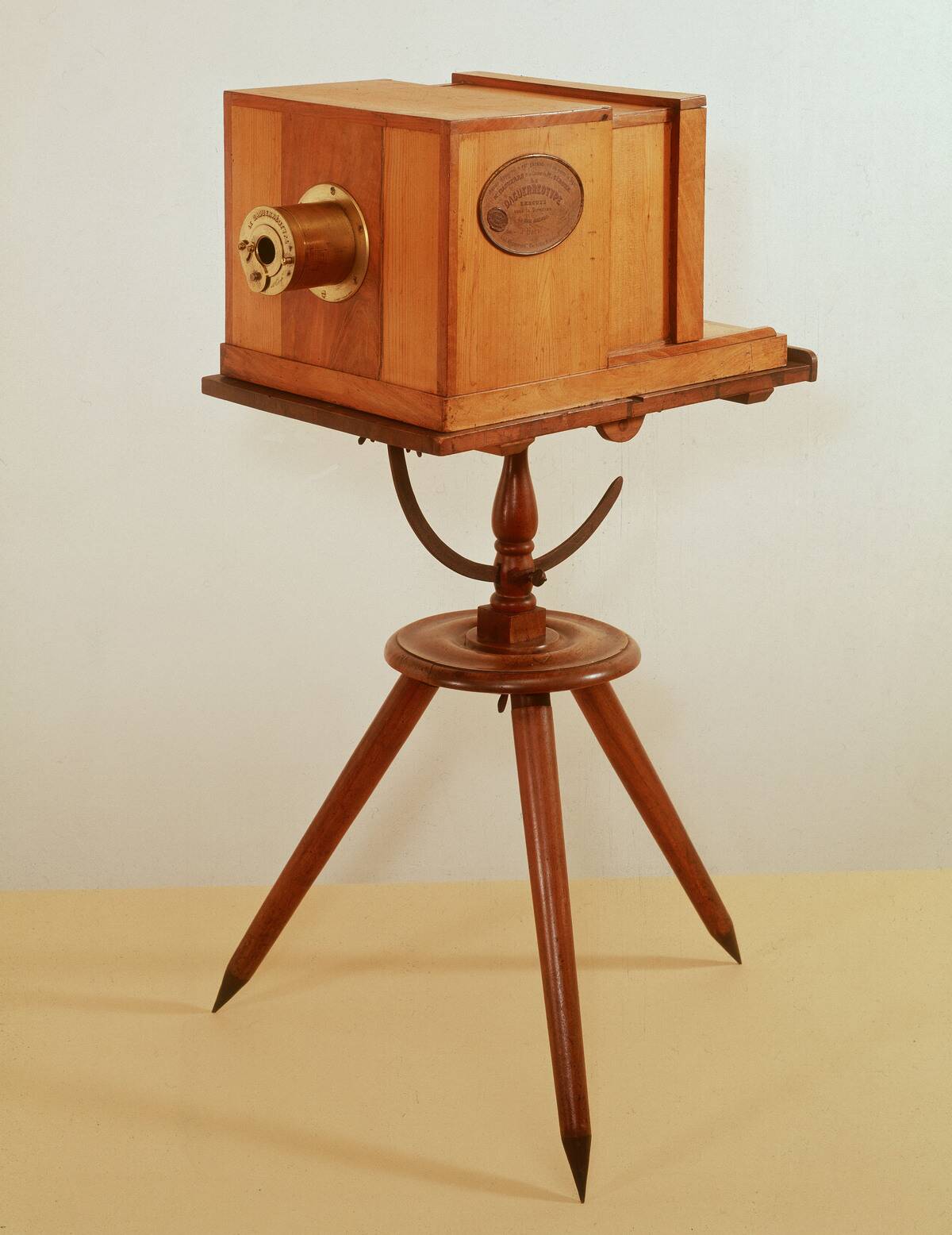
Since its invention in the early 19th century, the camera has become a powerful medium for storytelling and documentation. From daguerreotypes to digital photography, cameras capture moments with precision and emotion.
They have democratized art, allowing anyone to become a photographer, and have preserved history through iconic images. Cameras continue to evolve, shaping how we see and remember the world.
The Steam Engine: Driving the Industrial Revolution
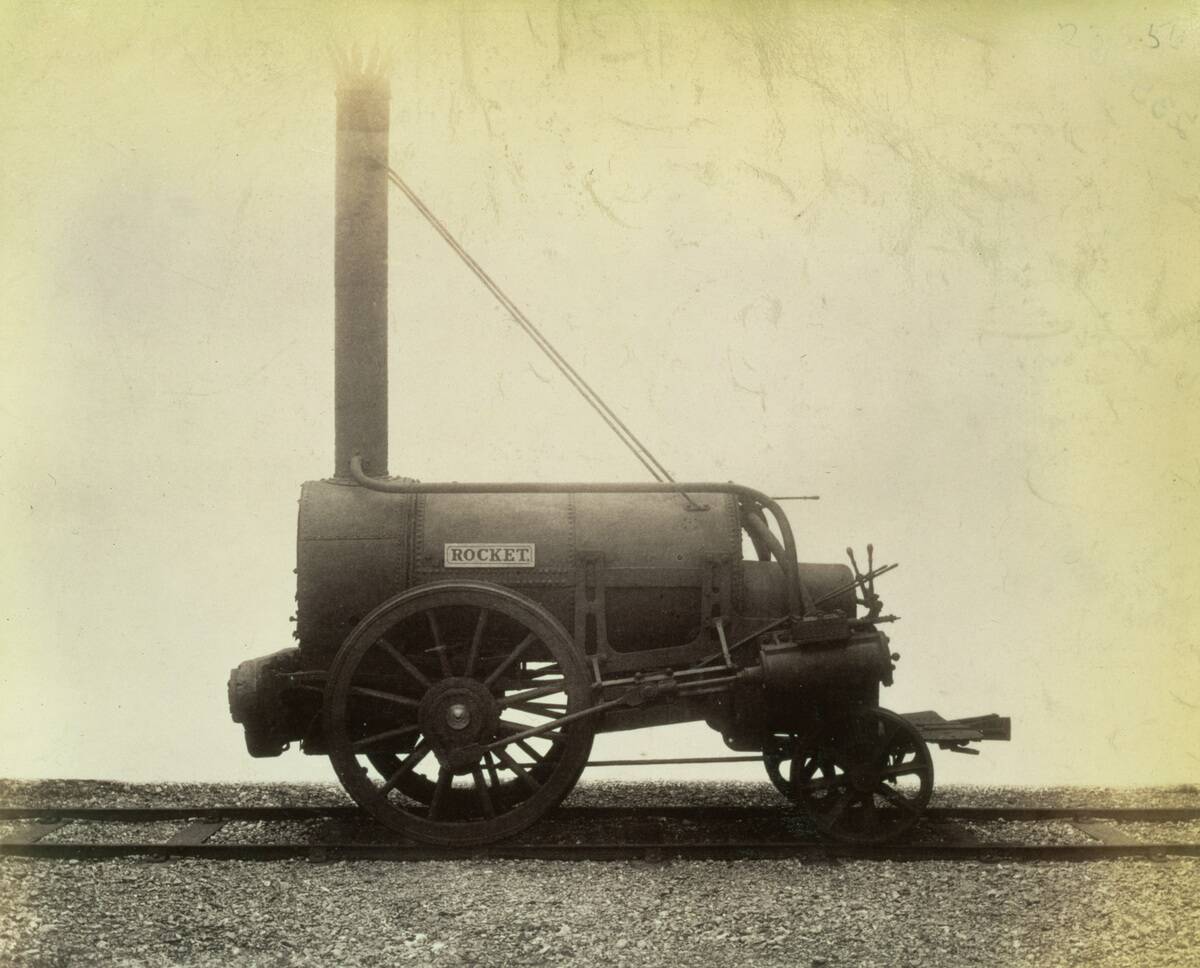
The steam engine, perfected by James Watt in the 18th century, powered the Industrial Revolution. It transformed industries, enabling mass production and transportation.
Steam engines drove locomotives and ships, shrinking distances and fostering economic growth. This powerful invention laid the groundwork for modern machinery, highlighting the potential of harnessing energy to drive human progress and innovation.
The Computer: The Brain of the Digital Age
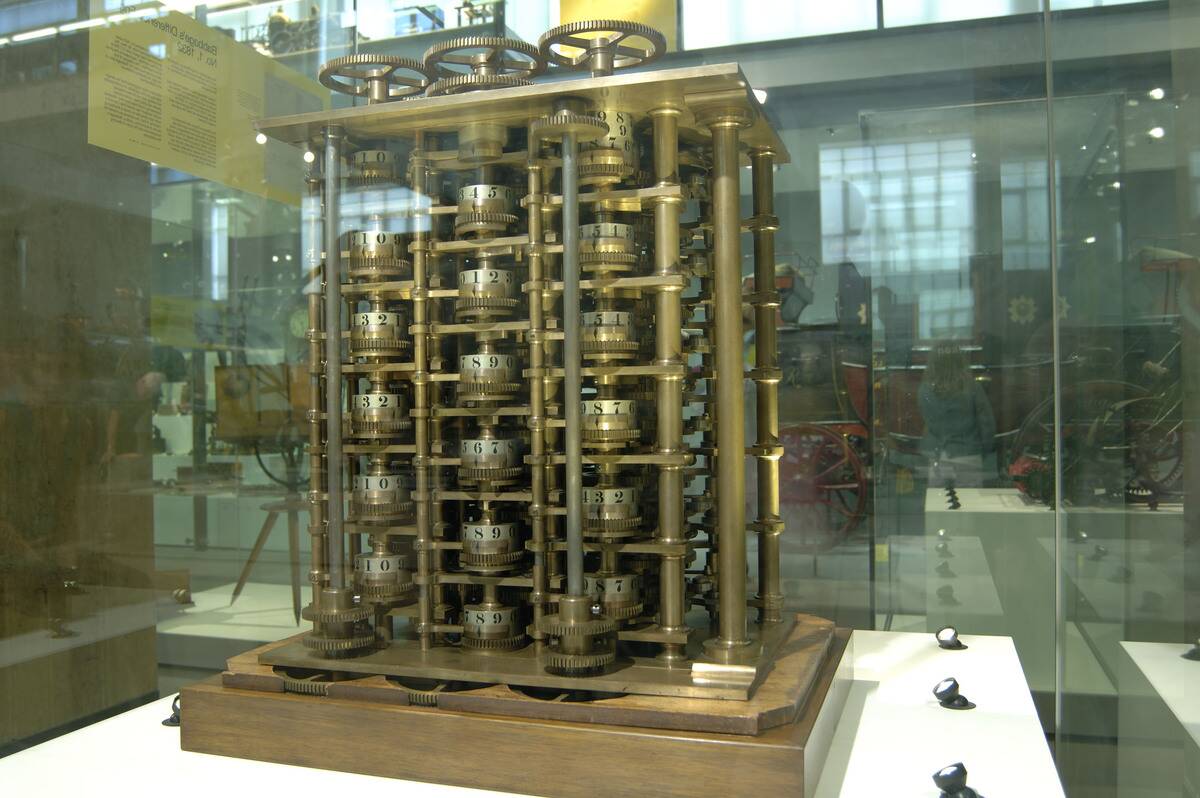
The computer, with roots in early calculating machines, has become the backbone of the digital age. From Charles Babbage’s and Alan Turing’s theoretical concepts to today’s supercomputers, they perform complex calculations and automate tasks.
Computers have revolutionized industries, from finance to healthcare, and continue to evolve rapidly, shaping the future with artificial intelligence and quantum computing. They are the ultimate tool for innovation and discovery.
The Automobile: Revolutionizing Transportation
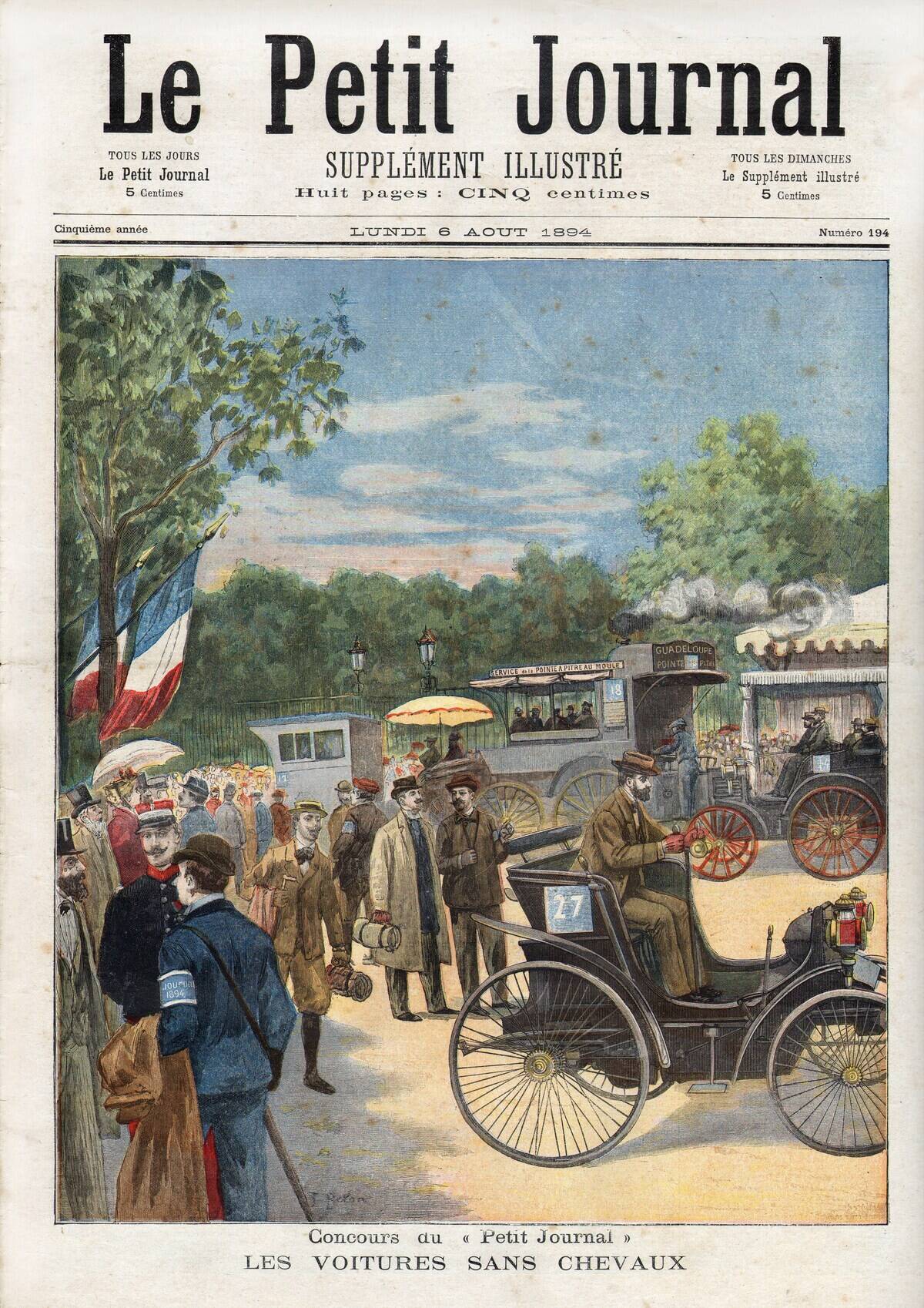
The automobile, introduced in the late 19th century, transformed personal transportation. It gave people unprecedented freedom to travel, shaping cities and economies.
Cars have evolved from the Model T to electric vehicles, reflecting technological advancements and environmental concerns. The automobile remains a symbol of independence and innovation, continuing to adapt to the changing world and driving society forward.



